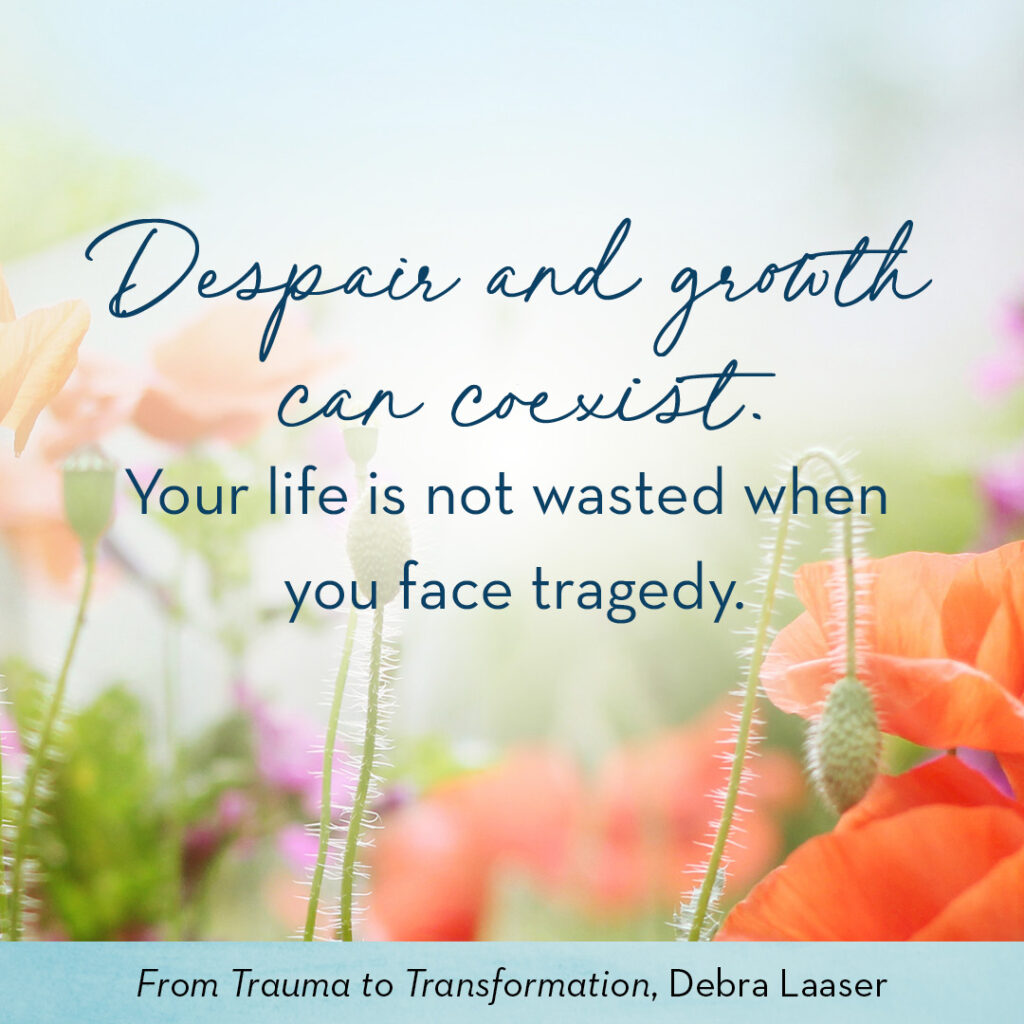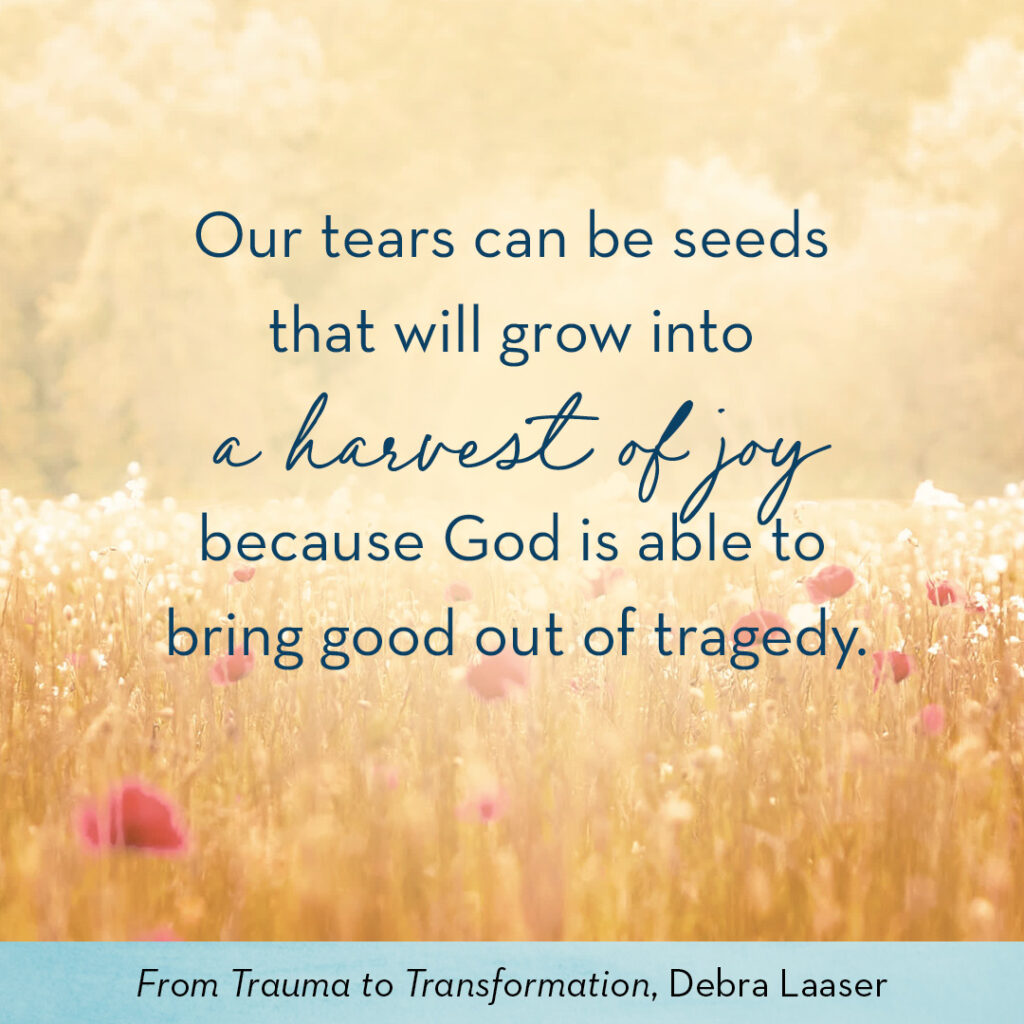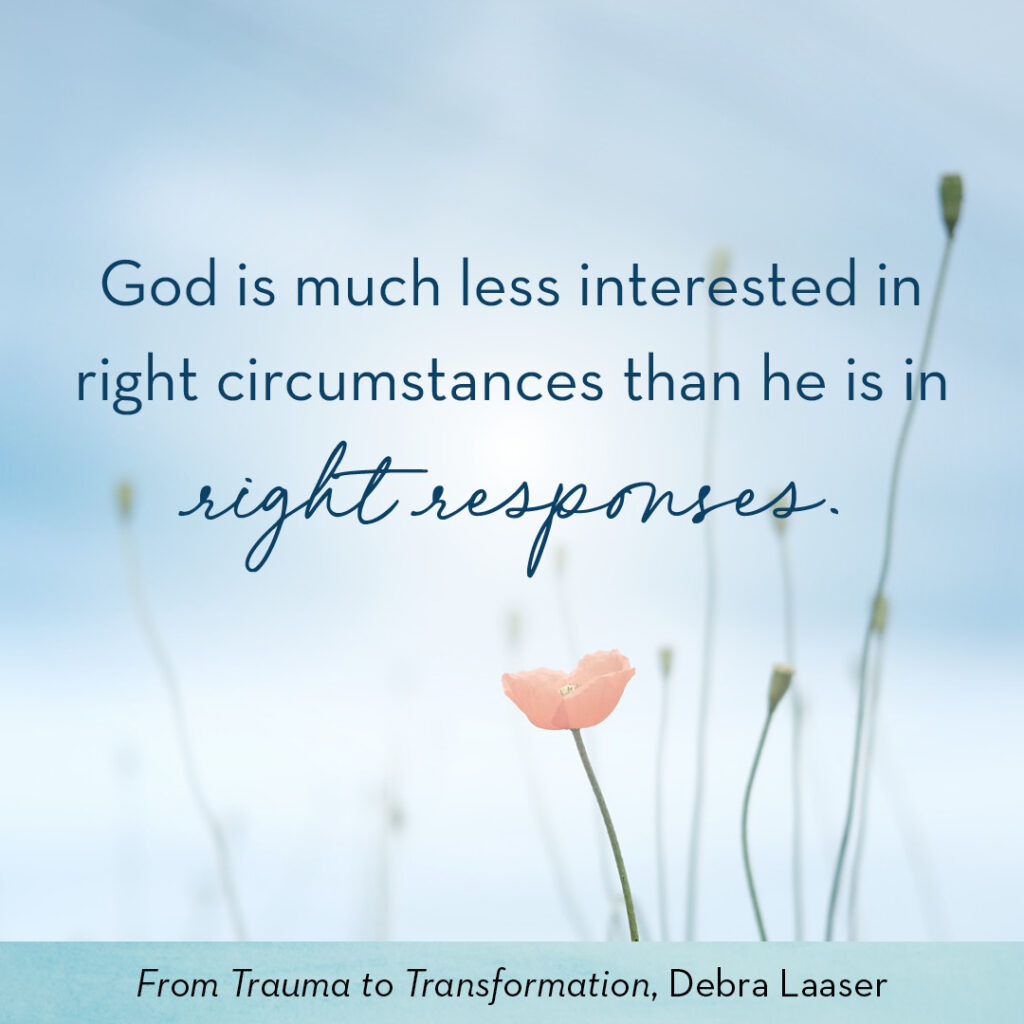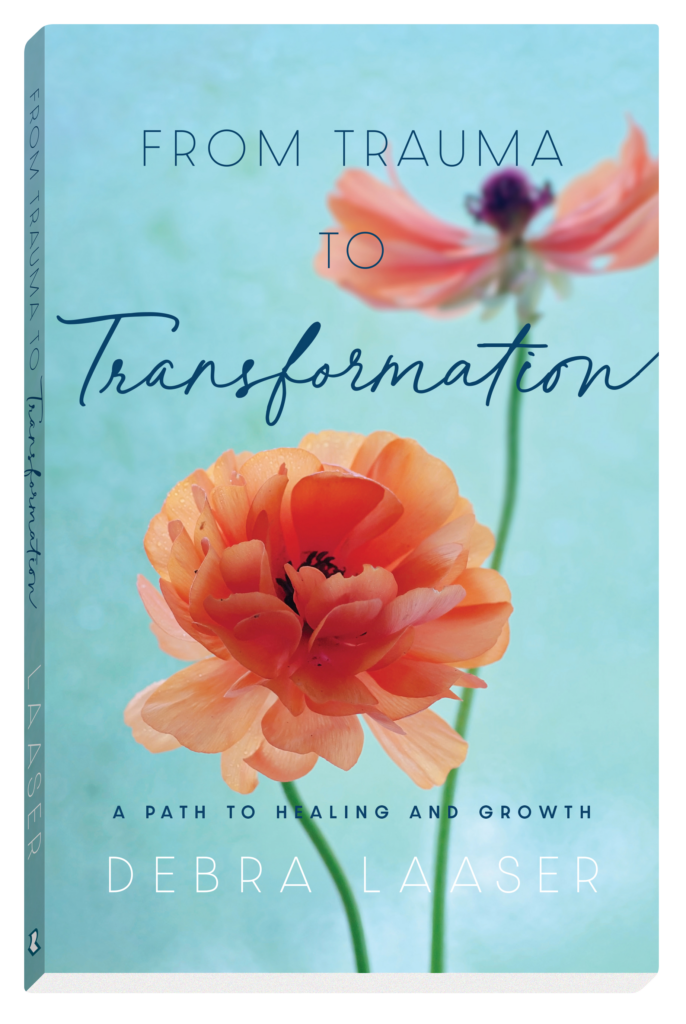An Excellent Resource for Families Working with Trauma to Help Transform Lives
It can be overwhelming and frustrating at times when you aren’t sure how to handle trauma–yours or someone else’s. This resource can be a great help!

If there is one thing my family knows well, it’s trauma. Between raising older adopted children and carrying my own experiences of pain and loss—sometimes the feeling of being penned in or cornered by trauma responses has been a real part of our lived experience.
I remember a season when past trauma was interrupting our life so constantly that I wondered if we’d ever survive. The good news was that the trauma needed to be dealt with for healing to take place, so it was okay that it was coming out. The bad news was that as trauma came up, it created more pain for others to process and deal with—and honestly? Sometimes that doesn’t seem fair.
Sometimes I would go to the Lord in agony, saying, “We’re trying to serve you but not only is it not working—now we have more of a mess!”
But as anyone who has experienced the cycles of trauma can attest—sometimes we have to let the mess come out so we can heal.
How can we find healing through trauma?
Debra Laaser, a licensed marriage and family therapist, is releasing a new book titled From Trauma to Transformation that breathes hope into this process.
The reality of life in this fallen world is that eventually, all of us will experience trauma of some kind, and often it’s less about what we’ve experienced and more about how our body or mind happens to respond to the experience.
And when this hurt arrives, one of the biggest things to overcome is the feeling of hopelessness or being trapped by the sorrow you’re experiencing.
One of the beautiful parts of the gospel story is the flipping of scripts (death to life, hopelessness to hope, sorrow to joy). Then the way that process empowers us to move from being victims of our circumstances into walking hand-in-hand with Christ through them—allowing our hearts to be softened and our minds transformed.
From Trauma to Transformation guides the reader through the process of changing our thought patterns about the pain we’ve experienced. Instead of trauma ruling how we live—we’re given tools to let that ache become part of our transformation.
The author reminds us that while Posttraumatic Stress Disorder (PTSD) is real and often a part of people’s stories after deep hurt, there is also something called Posttraumatic Growth which can be part of the story as well.
With super practical steps, this book leads the reader away from questions of why me? toward a mindset of getting to know how your body and thought patterns respond to the pain of trauma—and how you can start to lead yourself through the process of facing and overcoming the trauma with gentleness and renewed hope.
What kind of trauma does the author discuss?
From Trauma to Transformation is written with relational trauma at the forefront (betrayal or loss in close relationships, especially marriage). At this point in my life, that has not been the biggest source of distress for me. However, the practical steps this book offers are applicable to any type of trauma because the goal is to learn about yourself and to create space in your life and mind for healing to take place.
Who is it written for?
Written specifically for Christians, with a focus on hearing the Lord’s voice and responding to His leading, this book offers more than just practical tips about adjusting your life after trauma but also spiritual reminders as well.
If you’re looking for a biblically-based resource that teaches about trauma, healing, and hope, this book might be just what you need to add to your library. The focus on gently allowing yourself to be changed and healed and transformed is backed by scientific studies, biblical references, and practical questions to point your heart toward healing.
While this isn’t a book to toss at a friend who is right in the middle of the trudges of trauma—it is a resource to share with those who are looking for purpose and hope through their difficult seasons. And maybe more than that—this is an excellent book to read yourself whether you’re currently facing traumatic circumstances or not.
Preemptive knowledge about trauma is one of the best ways to be able to cope well when your life is suddenly jarred by the unexpected. Your knowledge probably won’t change your body’s initial response to whatever sorrow or hardship you experience, but it will be there to help you in the aftermath.
I can attest that the most difficult way to face wounds is to bury them and pretend it’s not there. No matter what, the pain will have to be dealt with and faced. It’s not a question of if, just when.
So arm yourself with knowledge and resources and (most of all) hope.
Where can I find a copy of From Trauma to Transformation?
You can find a copy of From Trauma to Transformation here on Amazon.
Blessings,
Natasha
Here at Club31Women, we recognize that not everyone has the same taste or point of view on books, music, or movies, but we offer these short reviews for your consideration. Our hope is that you will find something new and wonderful on this list of recommended resources!
~ Club31Women












